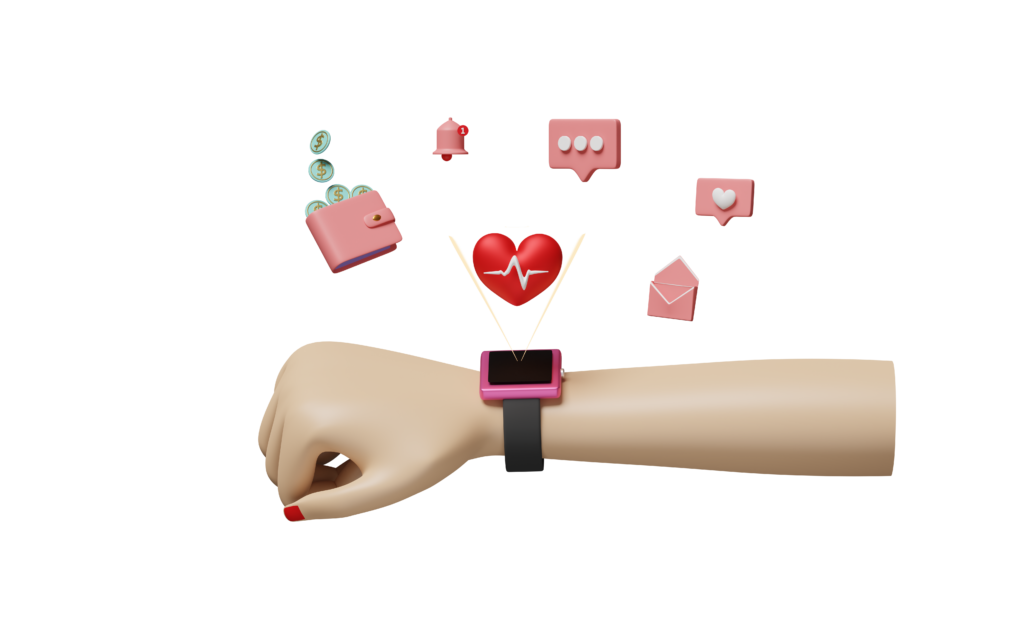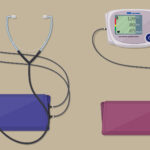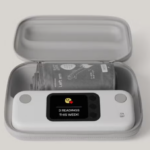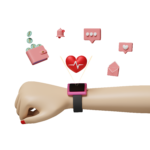We often stumble upon discussion at social media on the best smartwatch with blood pressure monitor, which one is it. Not all devices are created equal, and some may not provide accurate readings.
Own investigation
Our own investigation is out. It highlights the need for consumers to be cautious when purchasing these devices. The investigation exposes two devices, iHeal 6 and FITVII smartwatches. Both claim to measure health parameters like blood pressure but have been criticized for their accuracy. Both have attractive price tags. However, these devices are not recommended for medical purposes. Their readings should be used for reference only.
Validated wearables
Also, the investigation presents a list of validated wearables. It includes those cleared by the FDA and the European health authorities. These devices use advanced technologies like the oscillometric cuff method and nano-sensor technology to monitor blood pressure. In this way, they provide more reliable readings.
The FDA has cleared a number of cuffless blood pressure devices, but that doesn’t mean they are accurate. A recent study in the Journal of Hypertension reported that out of the 100 best-selling blood pressure devices, only 18 had been validated. The number of validated wearables is surprisingly low. The investigation explains that this is due to the complexity of accurately measuring blood pressure from the wrist. Traditional blood pressure monitors use an upper-arm cuff, which works differently than the optical sensor-based data gathering process used by smartwatches.
Guidance to buyers
For those looking to purchase a smartwatch with a blood pressure monitor, the investigation provides guidance. It emphasizes the importance of calibration and advises users to be aware that some devices must be calibrated with a validated cuff-based device before use.
While smartwatches with blood pressure monitors can be convenient, consumers should be cautious. Not all devices provide accurate readings, and those that do often require calibration. For reliable results, consumers are advised to opt for validated wearables.
In the future, we may see more advanced devices like Valencell‘s cuffless, calibration-free personal blood pressure monitor, which is currently pending FDA approval.






